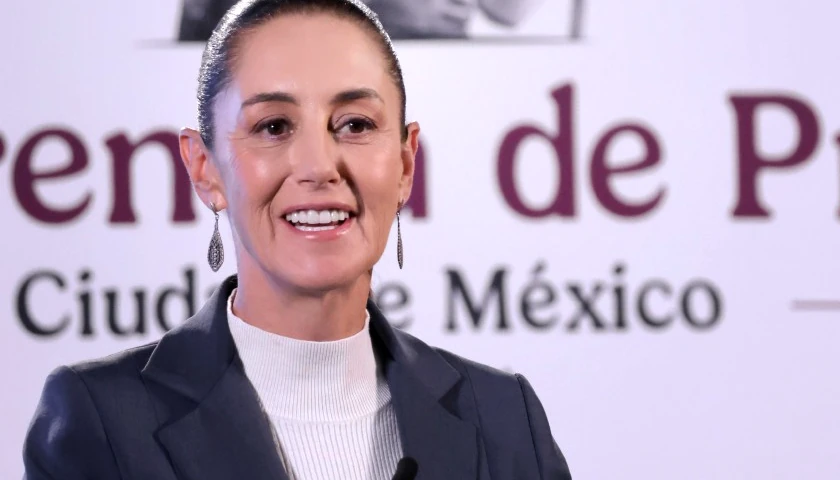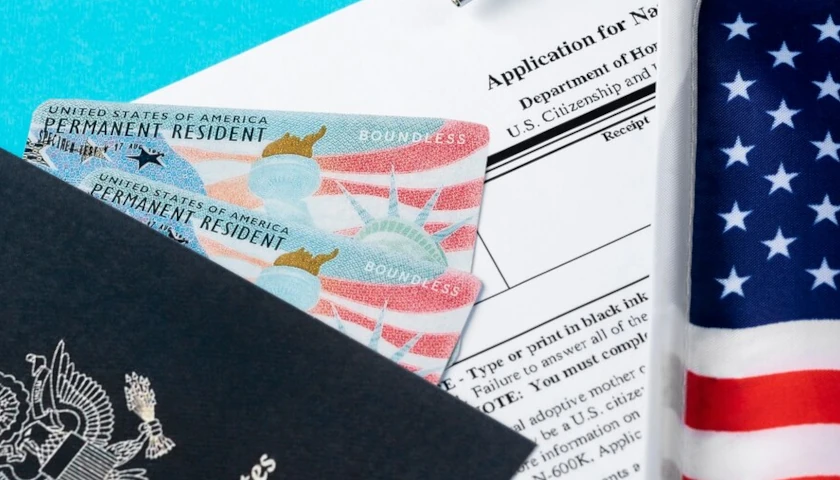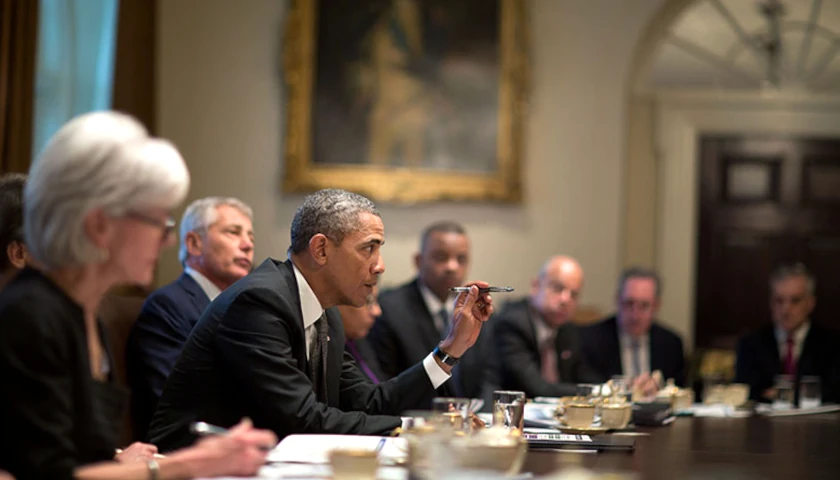by Jason Foster
Whistleblowers—and the truths they tell—far too often become the first casualties in the clash of bigger forces with other agendas. People tend to oversimplify complex stories to fit their preferred political narrative or to protect their own interests.
If the facts do not fit neatly into a convenient set of preconceptions, too often they are ignored, dismissed, or twisted to cater to well-known biases. This tactic is common among those who are the subject of whistleblower disclosures. They often attempt to change the subject to avoid accountability by pointing a finger at the whistleblower, even if they don’t know who it is.
It’s probably just a “disgruntled employee” who has “an axe to grind.” The implication is that there is no need to look into it. Nothing to see here. Move along.
I’ve seen this pattern countless times over the years. The most recent example occurred at the Veterans Affairs Department (VA) and was uncovered through a Freedom of Information Act (FOIA) request filed by Empower Oversight. The request is related to the VA’s stonewalling of Senator Chuck Grassley’s (R-IA) attempts to investigate allegations of ethical conflicts, improper gifts, and potential insider trading enabled by the VA. Empower Oversight also published a 19-page report detailing the controversy.
The VA has a long record of mistreating whistleblowers that spans multiple administrations. It seems to have a particularly deep-seated culture of retaliation and ethical conflicts. As Jacqueline Garrick, founder of Whistleblowers of America testified on Capitol Hill, “Employees risk their careers to protect veterans while senior VA officials travel to Europe, attend NASCAR events and curry favor with contractors at taxpayer expense.”
That culture was again on display among the 579 pages of documents the VA recently produced through FOIA.
The documents reveal the VA’s internal reactions to Senator Grassley’s oversight letters—which it has refused to answer since April of this year. In response to whistleblower disclosures, he has been asking about the lax culture of ethics at the VA that allowed its leadership to look the other way for years while a VA official named Charmain Bogue allegedly failed to recuse herself from matters related to her husband’s work.
Barrett Bogue ran an outside consulting firm that did work for those trying to influence his wife, Charmain. Among others, Veterans Education Success (VES), a nonprofit run by former Senator Tom Harkin (D-IA) staffer Carrie Wofford, paid Barrett Bogue while advocating that his wife’s agency take enforcement actions to exclude certain schools from GI Bill benefits.
Some of the schools were operated by publicly traded companies, making information about any enforcement action potentially valuable to traders on Wall Street. Before the VA’s public announcement that it would act, a FOIA lawsuit has alleged that the VA leaked the news to a select few allies, including Wofford and VES.
Upon being asked by the Senator about these issues, to their credit and in contrast to Charmain Bogue, it appears from the new FOIA documents that two VA officials decided to recuse themselves from working on a reply because of ties to Barrett Bogue—ties much less significant than marriage.
The documents also reveal that one senior VA official named in Senator Grassley’s letter attacked a former VA employee in the process of defending himself. Acting Undersecretary of Benefits Thomas Murphy was named in the letter as having been one of three senior officials reportedly recommended for suspension for improperly accepting gifts from stakeholders.
Shortly after reviewing the Grassley letter, Murphy fired off an email to VA Secretary Denis R. McDonough. Murphy had immediately assumed, without evidence, that a former VA employee was a source of the protected disclosures that led to his proposed suspension and the protected disclosures to Congress that led to Senator Grassley’s letter.
Remarkably, Murphy takes credit in the email for firing the employee following the disclosures that led to his own proposed suspension: “The allegations Senator Grassley mentions here are part of a long list of allegations levied by a fired former employee that [sic] claimed to be a whistleblower. I terminated her for multiple violations of VA policies.”
Murphy also blamed “the last administration” for failing to deal with the Bogue conflict issues, even though Murphy himself was Bogue’s ultimate boss at the time—and still is.
Secretary McDonough then asked his Chief of Staff to draft a reply to Murphy’s note. The initial draft, although entirely redacted in the copy produced by the VA, was apparently strongly worded. Secretary McDonough replied: “I will use this language as my reply to Tom [Murphy]. It is stark, but I trust you have given this close consideration.”
McDonough’s reply apparently prompted McDonough’s Chief of Staff to dial it back. She sent a revised version and wrote: “Is this softer while still getting the point across?”
Later in the documents, we found an unredacted version of the message the VA Secretary ultimately sent to Murphy. Does he chastise Murphy for attacking a whistleblower Murphy had already fired? Does he ask any probing questions to find out whether the firing Murphy took credit for was, in fact, retaliation for disclosures that he believed led to his own proposed suspension for improperly accepting gifts?
No.
Instead, Secretary McDonough asked Murphy to “sit this one out,” instructed him to coordinate all communications through a designated contact, and warned him, “don’t discuss this matter with your subordinates.”
That was April 8, 2021. Six months later, the VA still hasn’t responded to oversight authorities in the Senate. The VA Inspector General is investigating the Bogue conflict issues, and law enforcement authorities may be investigating to determine whether there was any illicit trading ahead of the announcement mentioning publicly traded companies.
It’s a sordid, complicated mess that could use more sunlight and oversight to sort out properly. And, the whistleblowers who have tried to improve the VA with their disclosures should be applauded—not attacked as a diversion to avoid accountability.
The VA is reviewing thousands more emails in response to Empower Oversight’s FOIA request. Secretary McDonough should take charge and do the right thing. Take a hard line against retaliators, embrace transparency, and release the rest of the documents.
– – –
Jason Foster is Founder & President of Empower Oversight Whistleblowers & Research, and former Chief Investigative Counsel to the Senate Judiciary Committee.
Photo “VA office of Administration” by U.S. Department of Veterans Affairs.








